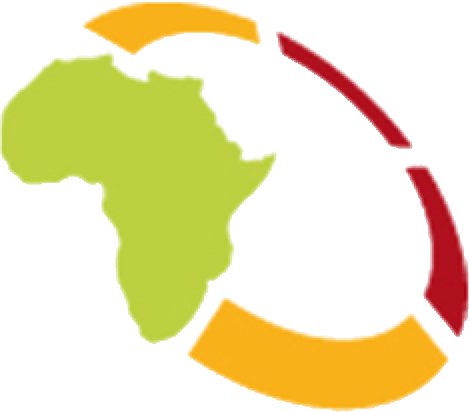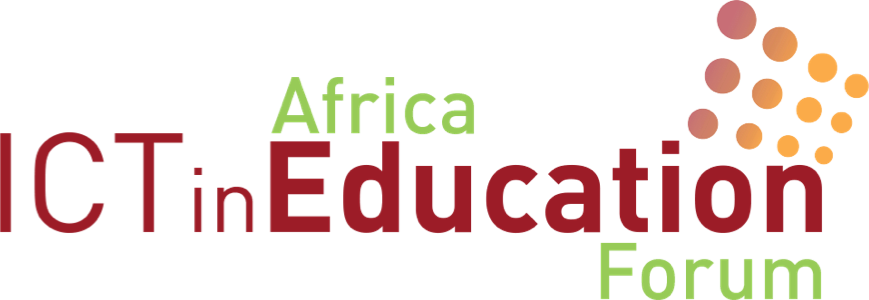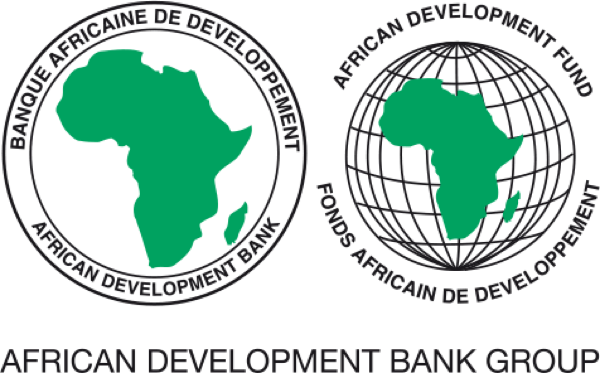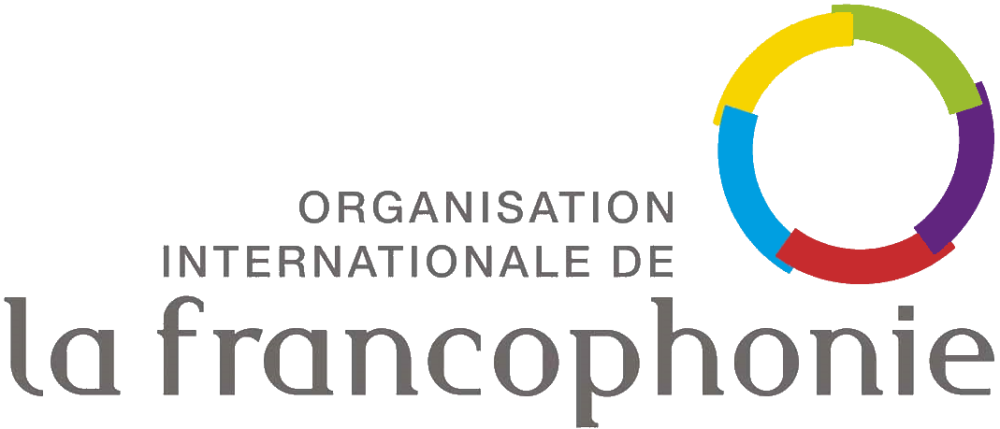Expected Outcomes
The expected outcomes of the Abidjan’s Ministerial Forum include:
- A shared understanding of Relevant and effective ICT integration in Education and Training in Africa, and what it implies in terms of required paradigm shifts and policy and strategy development, implementation and sustainability. This also implies:
- Raising awareness on the necessity to build strong and volunteer political commitment to engage education and training systems in methodical and programmed ICT integration;
- Sharing knowledge, experiences, good practices and lessons learnt to better inform approaches and identify levers of change, success and failure factors of ICT integration in education and training initiatives from Africa and beyond.
- A commanding understanding of, and the role of education and ICTs in building knowledge society.
- Sharing knowledge and experience in connection with digital skills development and how this can foster youth employment and entrepreneurship.
- Promotion of a network that includes the public sector (ministries as well as education and training systems, Regional Economic Communities or RECs); development cooperation agencies and international organizations such as the International Telecommunication Union (ITU); the private sector (Telco operators, ICT solution providers, digital and educational content developers); civil society organizations; the diaspora; youth; and ICT and education-related NGOs. Such a network is necessary for the development of environments that will foster partnerships critical to the relevance and sustainability of ICT integration in education and training policy and strategy development and implementation.
- Public-private partnerships (PPPs) promoted between governments, educational services and content-development industry and technology companies to connect and engage in dialogue on ways to foster the development of innovative initiatives and approaches that promote ICT integration in education and training through relevant ICT educational solutions alive to the African context.
- Strategies are suggested to help bridging the Learning Opportunity Access Divide within African societies - urban vs rural, gender and other marginalized populations - by identifying game-changing experiences and lessons learnt.
- Awareness is raised on the importance of economic benefits for private sector actors to contribute to investments in ICT integration strategies and initiatives and to develop innovative funding mechanisms based on converging interest between education policy objectives and private sector economic development.












